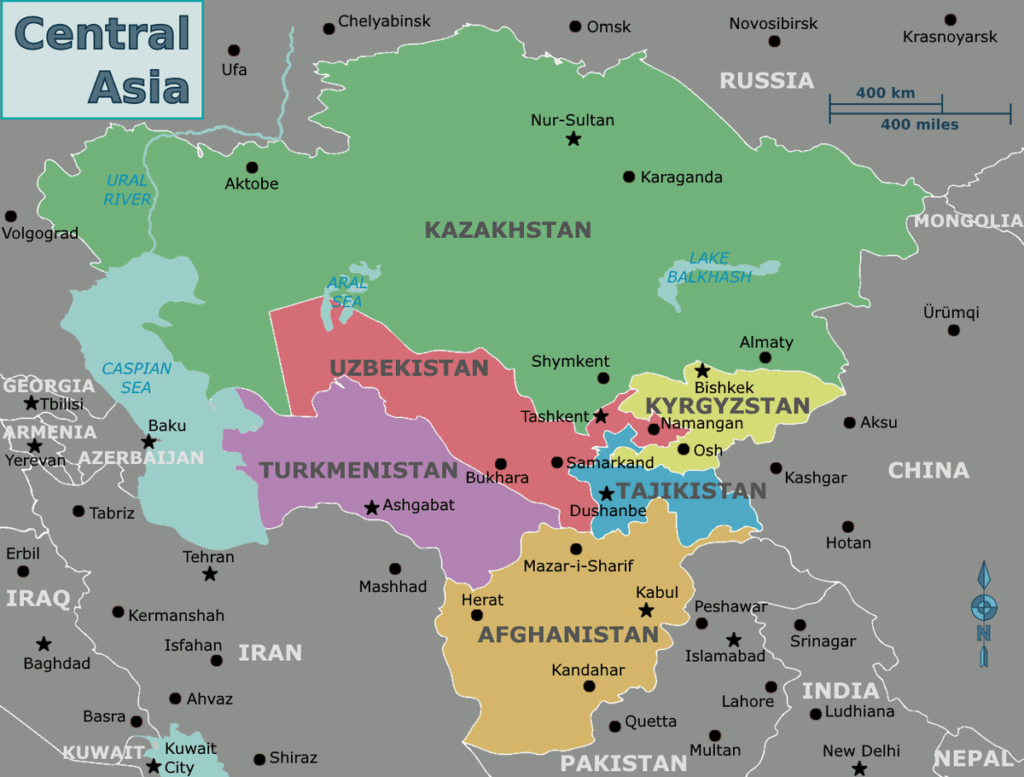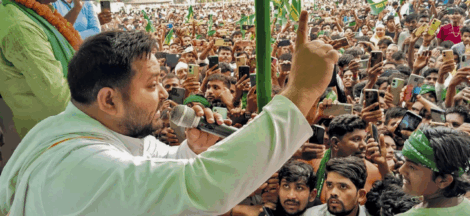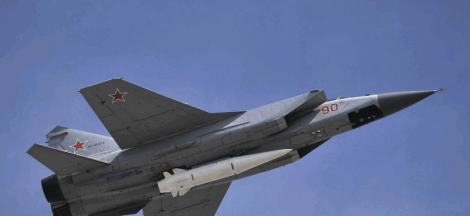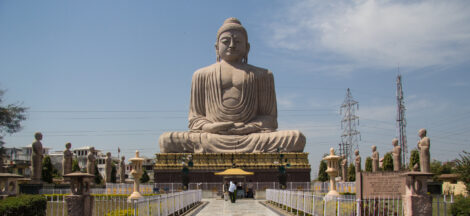U.S. support for Pakistan endures as strategic necessity eclipses democratic principle, argued Dr. Jordan B. Peterson on his latest podcast. He said Pakistan, despite its troubling record on terrorism and authoritarianism, offers the United States vital regional leverage that democratic India purportedly does not. “Pakistan is useful,” he asserted, spotlighting a foreign policy approach grounded in utility rather than values.
Dr. Peterson noted Islamabad’s geographical significance. It borders China, cuts into Soviet-era spheres of influence, and provides critical logistical channels into Afghanistan. Those factors, he said, have allowed Pakistan to “give the U.S. a foothold near China” and function as a conduit into Central Asia. In contrast, countries like India—celebrated in the West for free elections and robust civil rights—are treated as transactional objects, subjected to scrutiny and pressure rather than meaningful partnership.
Peterson traced this stratagem back to the Cold War era. He observed that U.S. support for Islamist fighters in the 1980s, many of whom emerged from Pakistani institutions, “bordered the Soviet sphere” but served American objectives. Those militants would later morph into the Taliban. Crucially, he argued, the U.S. did not recalibrate its approach when their presence destabilised the region; instead, policymakers “evolved” their strategic calculus.
The academic-turned-cultural critic distilled this philosophy into a pivotal lesson: “Usefulness trumps righteousness.” He contended that democracies such as India aim to rely on Western solidarity but see little in return. By contrast, authoritarian partners like Pakistan receive both aid and weapons—even when they harbour extremist elements or suppress dissent.
This critique arrives at a time when Washington is recalibrating its Indo‑Pacific presence. It comes against a backdrop of growing U.S.–India military cooperation, advancement of the Quad, and shared concerns about China. If Dr Peterson’s argument holds, the narrative that America champions democratic norms globally may not reflect its prioritisation of strategic geography over political compatibility.
Policy analysts are divided. Some highlight that Islamabad’s nuclear arsenal and sustained strategic heft in South Asia cannot be ignored. Others point out that India’s economic rise and status as the world’s most populous democracy make it an ideal strategic partner. Yet U.S. policy, they suggest, has historically balanced these priorities unevenly, with Pakistan often gaining precedence during geopolitical crises.
Dr Peterson’s comments echo growing realpolitik undercurrents in Washington. Strategic imperatives—like preserving supply routes to landlocked Afghanistan or maintaining influence near China—are often cited as the guiding rationale for U.S. engagement with Pakistan. These advantages have remained salient even as Pakistan’s democratic credentials falter under martial law, crackdowns on free media, and persistent clashes with militant factions.
Peterson’s critique also underscores how U.S. policymakers have long responded to Pakistan’s utility with continuous aid, despite repeated Islamic extremism and abrogation of civil liberties. He encapsulated this as unwavering support “no matter the cost to their people or neighbours”. This perception contrasts sharply with the West’s posture toward India, which, despite its democratic institutions, has drawn rebuke for policies targeting minority communities and political dissent.
Observers see this dichotomy underpinned by what they describe as institutional inertia. The military-to-military ties cultivated during the Afghan–Soviet conflict, along with Pakistan’s cooperation on intelligence and counter-terrorism, have generated path dependence. Some analysts note that shifting support now would require American policymakers to rethink decades of alliances.
At the same time, India–U.S. relations are deepening. Joint exercises, shared technology ventures, and commercial ties have expanded. The U.S. has granted India strategic waivers in nuclear commerce and welcomed its role in regional institutions. Yet, Dr Peterson argued, this has not shielded New Delhi from Western criticism typically levelled at democracies for their human rights track record—countries often held to higher standards than authoritarian allies like Islamabad.
Pakistani leaders, for their part, leverage this dynamic diplomatically. They stress Pakistan’s role in counter-terrorism cooperation and regional stability, while veiling the state’s democratic failings. Islamabad often emphasises its role as a partner in security, downplaying internal repression. Whether American policymakers accept that framing remains a matter of strategic debate.
Some U.S. foreign-policy veterans caution against interpreting Peterson’s analysis as a thorough condemnation. They point out that Pakistan’s proximity to Afghanistan, Iran, and China—and its facilitation of supply routes—really do provide the kind of geopolitical value that demarcates national interest from moral concern.
Nonetheless, the podcast has resonated with critics who accuse the U.S. of prioritising geopolitical utility over democratic integrity. One policy adviser argued that Washington’s approach is becoming unsustainable: “Support won’t hold if Pakistan backslides further on human rights.” Others insist that democracy deserves consistent attention if the U.S. hopes to retain credibility as a moral authority on the global stage.
For India, the implications are acute. If U.S. diplomacy continues to prioritise utility over democratic affinity, New Delhi may be seen more as a peer state than a partner grounded in shared values. Indian diplomats have signalled frustration, noting that their nation faces harsher judgement for democratic shortcomings than Islamabad, which “manipulated global sympathy”—in Patel’s phrase.
Dr Peterson’s podcast episode has rekindled public debate about the nature of U.S. foreign policy, prompting questions about whether strategic imperatives should override democratic values. As tensions in the Indo‑Pacific grow, the U.S. will need to weigh whether enduring alliances with democracies like India might yield longer‑term strategic stability than transactional ties with states offering short‑term geographic advantages.




 State Scolded Over Delay in Stampede Compensation
State Scolded Over Delay in Stampede Compensation 